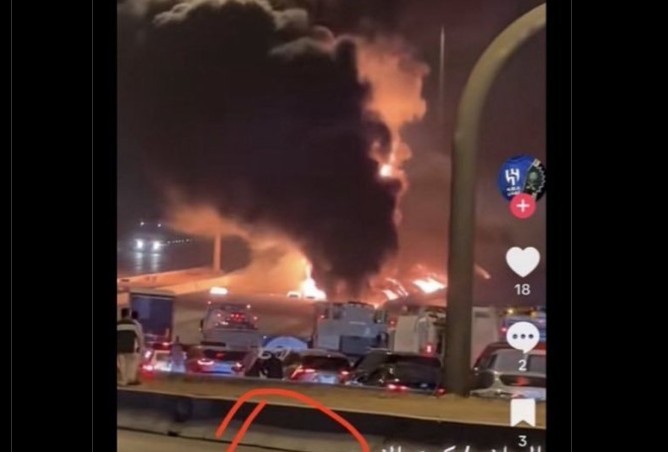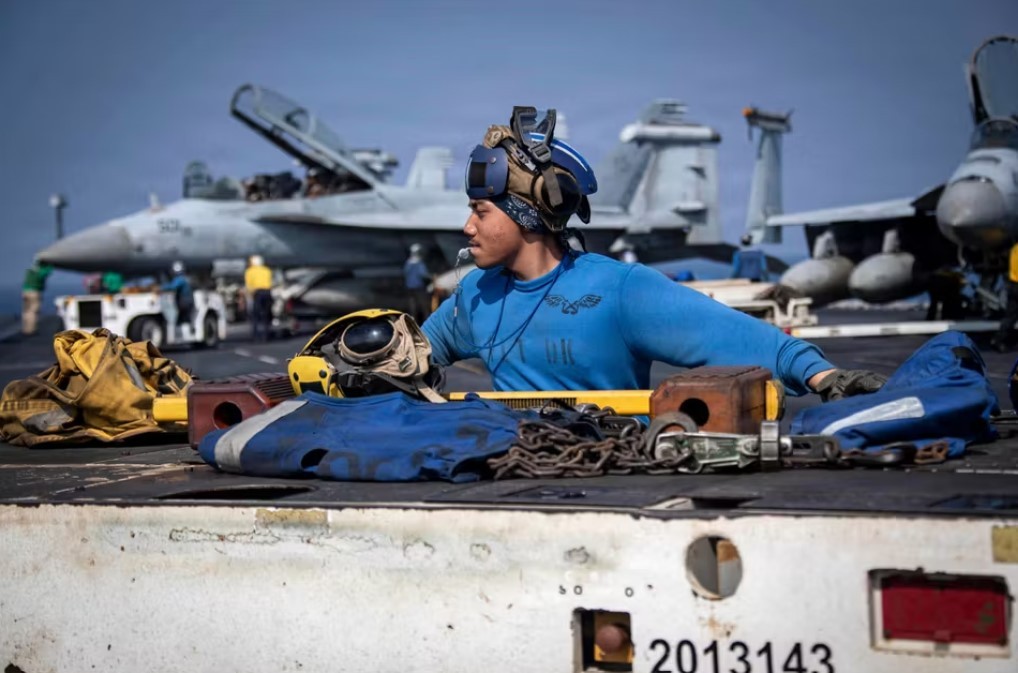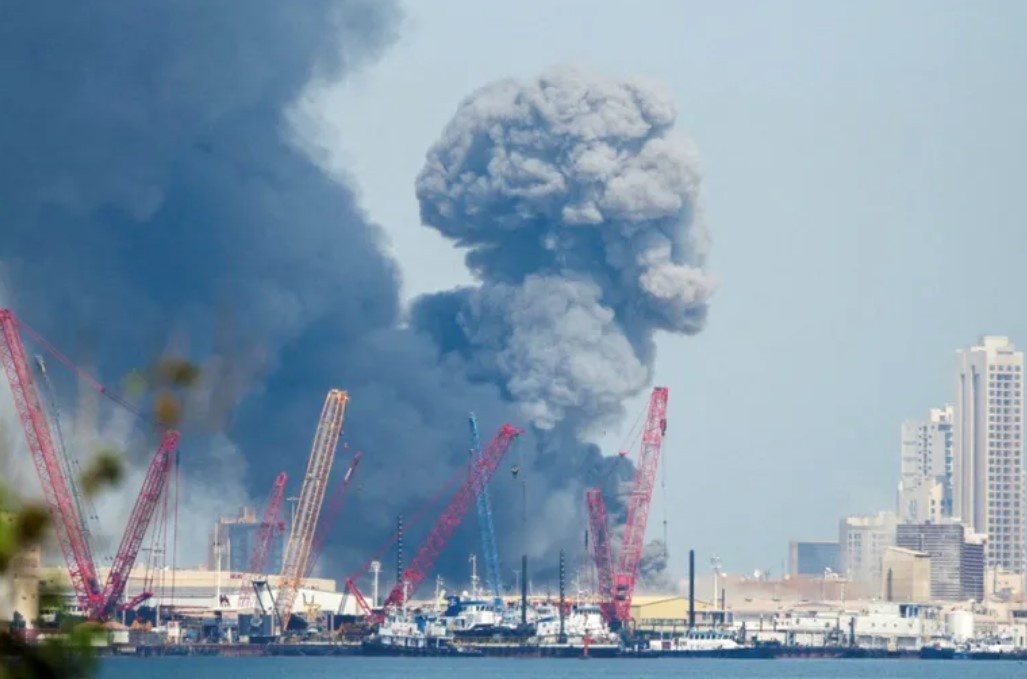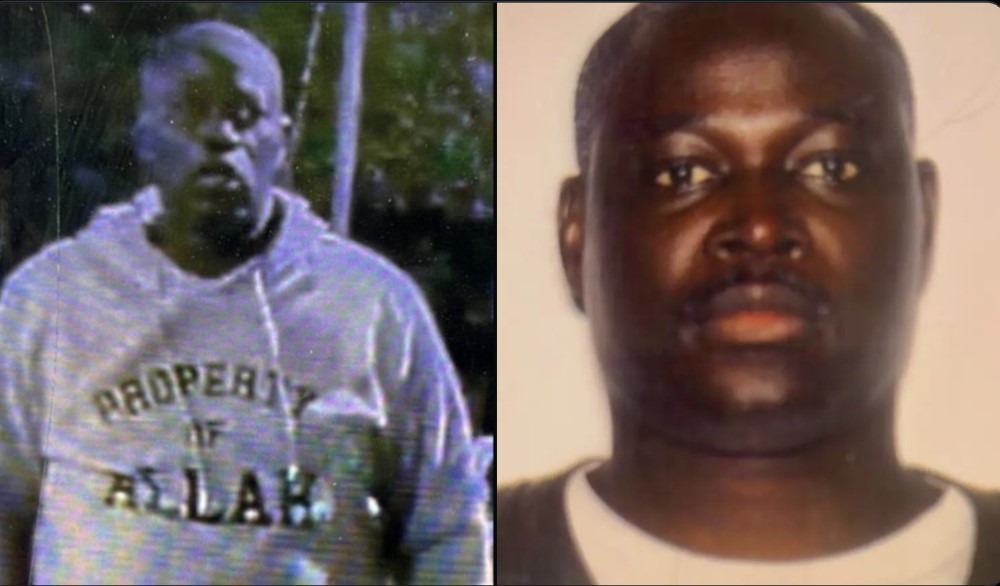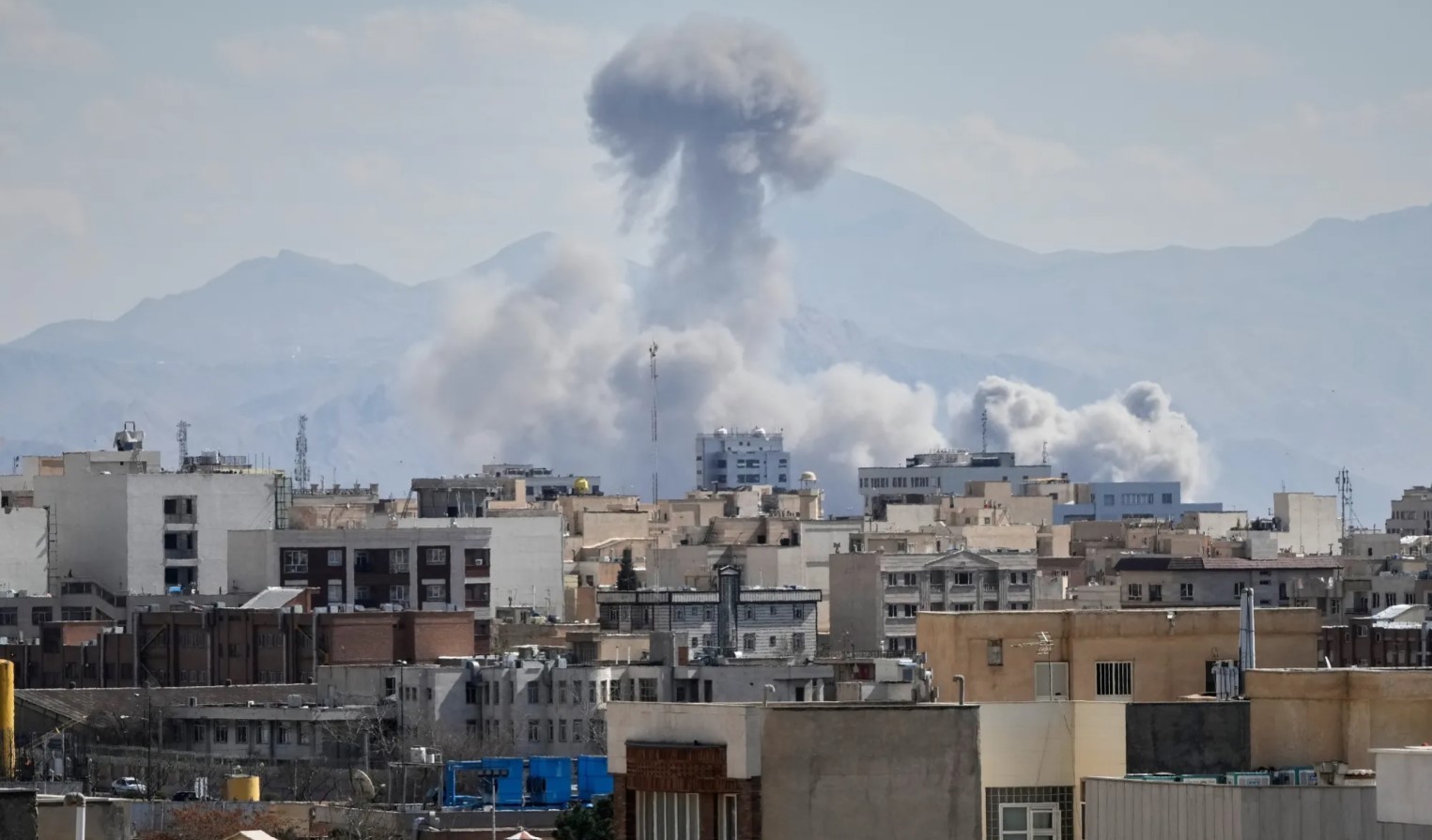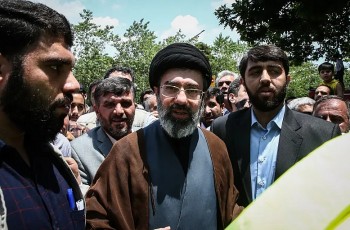Why China Warned Its Citizens Amid LA Protests: A Deep Dive
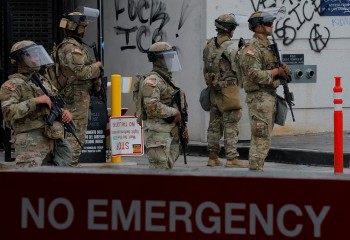 Inside Task Force 51: Maj. Gen. Scott M. Sherman Leads 700 Marines & 2,100 Guard Troops into LA Protest Zone Inside Task Force 51: Maj. Gen. Scott M. Sherman Leads 700 Marines & 2,100 Guard Troops into LA Protest Zone |
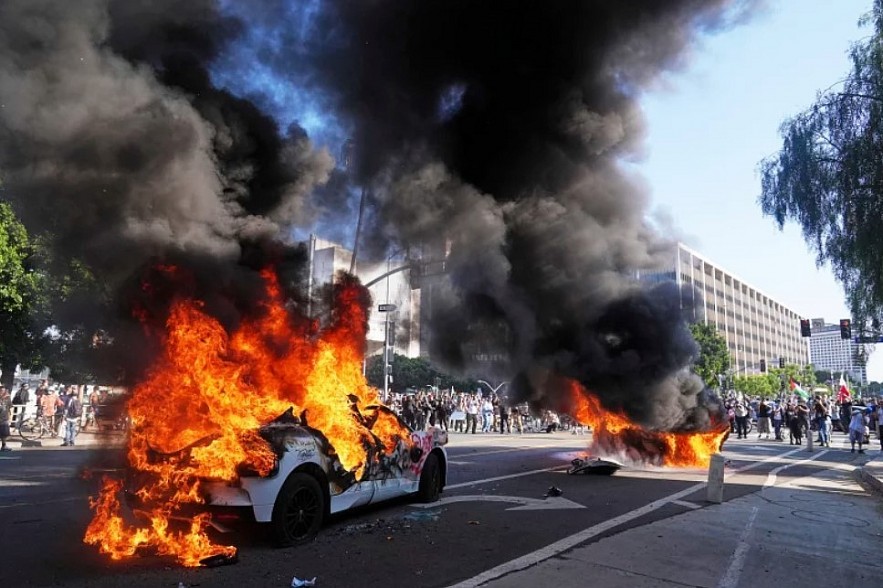 |
| taxis burn near the metropolitan detention center of downtown Los Angeles |
What Prompted China’s Advisory Amid the LA Unrest
In early June 2025, large-scale protests erupted across Los Angeles following ICE raids and arrests of dozens of migrants. The situation escalated when President Trump deployed 2,000 National Guard soldiers under Title 10 authority—with approximately 700 active-duty Marines on standby.
Violent incidents—including the torching of Waymo robotaxis and clashes with law enforcement—occurred in downtown LA, prompting international attention and concern. Against that backdrop, the Chinese Consulate in Los Angeles issued a stark advisory, warning its citizens to “avoid large gatherings, crowded areas, poor-security locations,” “avoid going out at night,” and “closely monitor official announcements” .
Details of the Message: “‘Avoid Crowds, Stay Inside’”
According to multiple reports, the consulate’s advisory urged Chinese citizens to:
-
“Strengthen personal security measures”
-
“Stay away from gatherings, crowded areas, or places with poor public security”
-
“Avoid going out at night or travelling alone”
-
“Monitor official announcements and raise safety awareness”
This was echoed by South China Morning Post and Business Standard, and other foreign missions such as those from Mexico and the UK issued similar cautions
Who’s at Risk? Chinese Nationals & Other Foreigners
3.1 Chinese Citizens
-
Typically located near central LA, many Chinese expatriates, students, and families found themselves in proximity to protest hotspots—especially around ICE detention centers and street demonstrations.
-
The consulate judged that even bystanders, regardless of involvement, could face risk from sudden escalations—tear gas, vehicles catching fire, and physical clashes .
3.2 Broader International Concern
-
Other foreign entities like Mexico, Hong Kong, and the UK emphasized similar precautions: avoid “unsafe” zones and monitor situation updates .
-
Many nations are increasingly proactive in safeguarding overseas citizens amid urban unrest.
Militarization of LA: Guard, Marines & Enforcement
National Guard on Duty
-
As of June 9, 2,000 National Guard troops were federalized under Title 10 (bypassing California governor consent) and deployed to protect federal buildings—especially ice offices and detention centers .
-
Their presence was a response to violence and fires, particularly targeting streets like the 101 Freeway and autonomous vehicles.
Marines on Standby
-
Approximately 700 Marines from Twentynine Palms were placed on high alert, ready to deploy if unrest worsens.
-
Their mandate: protect federal assets and personnel. Under Posse Comitatus, they have no authority for civilian law enforcement—but can be mobilized for defensive postures .
Legal & Diplomatic Ripples: U.S.–China Relations
Title 10 vs. State Authority
-
President Trump’s use of Title 10, which does not require state governors' approval, sparked legal controversy.
-
California Governor Gavin Newsom labeled the troop deployment “unconstitutional state overreach” and filed a lawsuit.
Diplomatic Sensitivities
-
China’s advisory underscores sensitivity toward ensuring citizens' safety abroad—a consistent priority for its foreign missions.
-
With U.S.–China tensions already strained—due to trade, technology, and regional security—such travel advisories carry additional diplomatic weight and domestic messaging implications.
Comparing Historical Travel Warnings
-
Nations routinely warn citizens in response to foreign unrest—e.g., 2019 Hong Kong protests, 2020 Belarus demonstrations, or 2021 U.S. Capitol riot—but this situation is rare due to military deployment on U.S. soil.
-
Historically, China issues such warnings sparingly, typically in response to natural disasters or abrupt civil tensions. This recent alert reflects how serious the situation was perceived.
Guidelines for Foreign Nationals in Unrest
If you're overseas during civil unrest, especially when military or guard forces are mobilized:
-
Stay Informed: Follow alerts from your embassy or consulate, and monitor local news for curfews, closures, and police activity.
-
Steer Clear of Hotspots: Protest zones, sites near law enforcement headquarters, and intersections where vehicles may be set ablaze.
-
Stay Cloistered: Avoid night travel, and do not wander during live events.
-
Have a Plan: Know safe zones, emergency contacts, medical provisions, and shelter options.
-
Communicate Proactively: Keep family and embassy official informed of your whereabouts and well-being.
FAQs – What You Need to Know
Q1: Is China’s travel advisory overreacting?
-
No. Travel advisories reflect precaution, not panic—especially amid rapidly evolving civil unrest and militarized response. The consulate's instructions align with international best practices.
Q2: Are Chinese citizens targeted by protesters?
-
No evidence suggests targeted threats toward Chinese nationals. The concern lies in accidental harm—tear gas, crowd crush, or property damage in densely affected areas.
Q3: Did China's advisory impact local perception of the protests?
-
Chinese advisories tend to influence diaspora behavior, reducing public exposure. This advisory, along with Mexico and Hong Kong warnings, emphasized safety concerns—but had limited impact on protest dynamics.
Q4: What’s the difference between Title 10, Title 32, and the Insurrection Act?
-
Title 32: State-controlled National Guard under governor orders.
-
Title 10: Federalized troops under Pentagon direction—no state approval needed.
-
Insurrection Act: Allows the president to order active-duty military for law enforcement. Here, Insurrection Act was not invoked; only Title 10 was used
Q5: Should foreign business travelers avoid LA now?
-
Not necessarily. Most riots were geographically concentrated. However, staying with emergency plans and avoiding protest zones is essential for travel safety.
Final Thoughts
China’s "avoid crowds" travel advisory isn’t an overreaction—it’s a pragmatic safety notice aimed at protecting foreign nationals during an unexpectedly militarized domestic earthquake in LA. The deployment of National Guard and Marines post-ICE raids amid protests was extraordinary enough to unsettle foreign missions and prompt worldwide concern.
For international citizens, the takeaway is clear: Exercise caution, stay informed, and steer clear of hotspots. Beyond that:
-
The deployment underscores evolving lines between civil protest and military response in America.
-
It raises complex legal questions about federal vs. state power.
-
It has diplomatic implications—amplifying how national unrest can drive travel advisories and shape foreign policy discourse.


